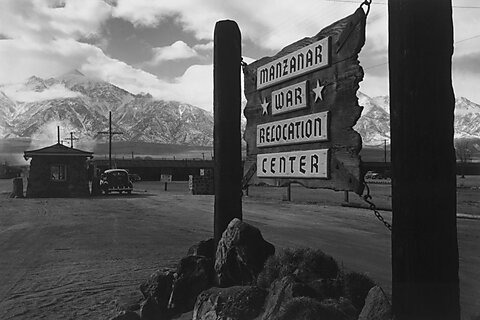Jeffrey Miron
New research reminds us that policies designed to improve national security have costs, even if the policies have good intentions:
Although the US was already an industrial nation in 1940, roughly 20 percent of the labor force was still employed in agriculture. Japanese Americans represented an exceptionally skilled segment of the agricultural workforce in the western United States. However, shortly after the US declared war on Japan following the Pearl Harbor attack, the government cited national security concerns to forcibly evacuate more than 110,000 people of Japanese ancestry from the West Coast in 1942.
Our research finds that, by 1960, the removal of Japanese residents from the exclusion zone reduced the growth of farm values by 12 percent for every one percentage point of the county’s population that consisted of Japanese farm workers in 1940. In contrast, between 1945 and 1960, farm values in counties outside the exclusion zone with a high share of Japanese farmers grew faster than those with a low share by a similar ratio.
This indicates that the relocation program removed the advantage that high-skilled Japanese farmers had given to local agriculture within the exclusion zone.
Whether this forced evacuation generated a national security benefit greater than the costs to agricultural innovation is a separate question.
Regardless, this episode should remind policymakers that even for national security, policy choices should reflect benefits relative to costs, not just (alleged) benefits.

